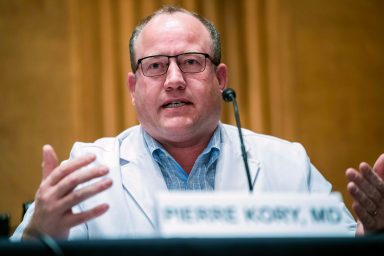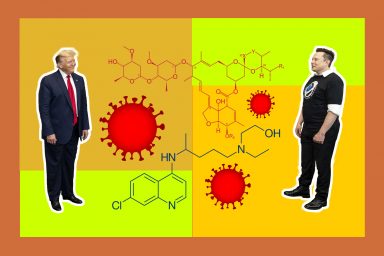A recent column from Nicholas Kristof illustrates, almost inadvertently, why the rise of new, less cautious media organizations (like-well, whowhatwhy.org) is so crucial. Headlined “New Alarm Bells About Chemicals and Cancer,” the essay describes a new report on cancer from a presidential board
…warning that our lackadaisical approach to regulation may have far-reaching consequences for our health….it’s an extraordinary document. It calls on America to rethink the way we confront cancer, including much more rigorous regulation of chemicals…..The report blames weak laws, lax enforcement and fragmented authority, as well as the existing regulatory presumption that chemicals are safe unless strong evidence emerges to the contrary. “Only a few hundred of the more than 80,000 chemicals in use in the United States have been tested for safety,” the report says. It adds: “Many known or suspected carcinogens are completely unregulated.”
Kristof makes a case for the urgency of action by noting the establishment credentials of this panel:
The President’s Cancer Panel is the Mount Everest of the medical mainstream, so it is astonishing to learn that it is poised to join ranks with the organic food movement and declare: chemicals threaten our bodies….It’s striking that this report emerges not from the fringe but from the mission control of mainstream scientific and medical thinking, the President’s Cancer Panel. Established in 1971, this is a group of three distinguished experts who review America’s cancer program and report directly to the president….
But why have we—and columnists upon whom we depend for our analysis, waited until the mainstream finally confirmed the warnings of the “fringe”?
Why wait until establishment bodies finally do their thing?
Studies of BPA have raised alarm bells for decades, and the evidence is still complex and open to debate. That’s life: In the real world, regulatory decisions usually must be made with ambiguous and conflicting data. The panel’s point is that we should be prudent in such situations, rather than recklessly approving chemicals of uncertain effect.
Indeed, Kristof seems to agree that we ought to heed early warnings. And these, invariably, don’t arrive via the mainstream press. It’s pretty late in the game. A good reason for more aggressive journalistic work on the most pressing problems. And that’s probably going to come from the newest outfits, the ones that boldly err on the side of caution—not in the interests of corporations, but on the side of the public.


